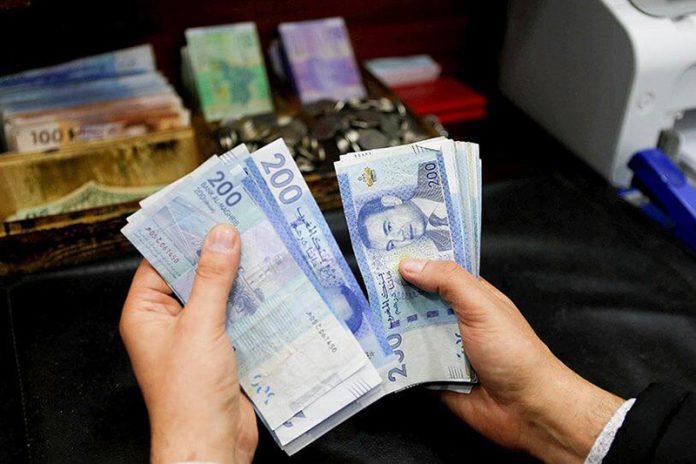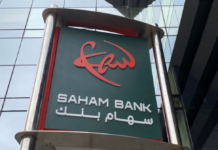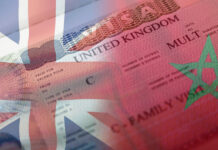Morocco is preparing to step up its fight against illicit financial flows by creating a national agency tasked with tracking and recovering assets tied to criminal activity. A new bill, drafted by the Ministry of Justice, aims to address persistent weaknesses in the country’s ability to identify, seize, and confiscate illegally obtained funds and property.
Justice Minister Abdellatif Ouahbi unveiled the proposal on Monday during a regional workshop focused on the recovery of criminal assets. According to Ouahbi, the new agency will centralize asset recovery efforts, streamlining judicial processes and relieving pressure on prosecutors and judges, while also improving the overall efficiency of the justice system.
The plan includes a unified management structure and a dedicated national database for criminal assets, intended to improve transparency and accountability. The system is also designed to facilitate international cooperation by enabling cross-border information sharing and coordinated legal efforts, reflecting a broader strategy to address financial crime on a global scale.
Ouahbi emphasized that combating money laundering requires strong collaboration between states, judicial institutions, and executive authorities. He argued that standardizing the procedures for asset seizure and confiscation is critical to disrupting criminal financing networks—especially in regions such as the Middle East and North Africa, where these flows often cross national boundaries.
He also pointed to the importance of international standards, particularly those set by the Financial Action Task Force (FATF), which call for proactive efforts to freeze and recover criminal proceeds. These actions, the minister noted, not only deprive criminals of their resources but also allow nations to repurpose recovered funds for urgent development initiatives.
Morocco has already made substantial progress, Ouahbi said, crediting the country’s success to cooperation among key institutions, including the national financial intelligence authority. He highlighted Morocco’s growing network of international legal partnerships, which includes agreements with European, Arab, and African nations, as well as its membership in regional organizations like MENA ARIN, which promote best practices in asset recovery.
To date, Morocco has signed over 80 bilateral criminal justice agreements and deployed liaison magistrates in several countries. The government has also established joint commissions to expand its international legal collaboration and modernize its judicial system.
The ongoing workshop, set to conclude on June 18, is part of Morocco’s broader strategy to dismantle the financial infrastructure of organized crime and accelerate the return of stolen assets to their rightful place.





